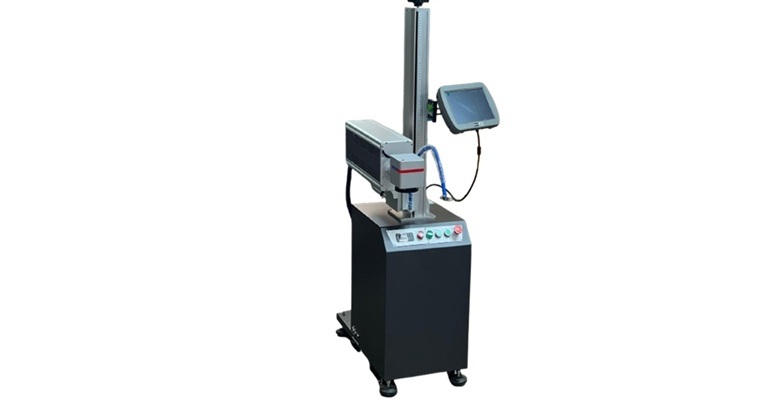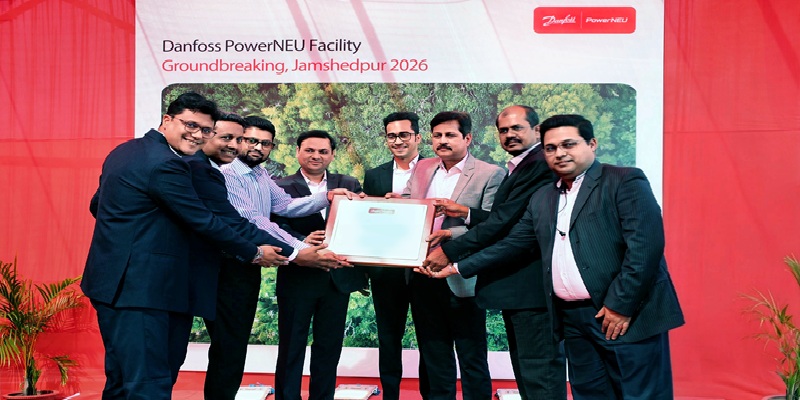Schedule a Call Back
Dr APJ Abdul Kalam’s inspirational management philosophy
 Articles
Articles- Jul 26,21
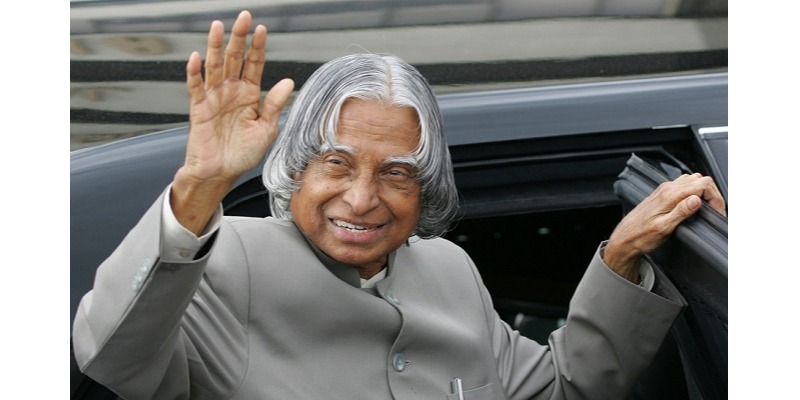
- Prithvi: Surface-to- Surface Missile (SSM), battlefield missile of range 80 to 90 km for the Army
- Akash: Medium range Surface-to-Air Missile (SAM with range of 25 km) for Army and Air Force
- Nag: Third-generation Anti-tank Missile (ATM) or ‘Fire & Forget Missile’ (range of 8 km) for Army
- Agni: Intermediate & ballistic missiles of varying ranges for armed forces
- Trishul: Quick reaction Surface-to Air Missile (SAM) of short range (8 to 10 km) for the Army (discarded after about a year or so)
- Prithvi Missile for Army, Air Force & Navy
- Akash Missile for Army & Air Force
- Third-generation Nag Missile for Army
- Agni Missiles (Agni I, Agni II, Agni III, Agni IV, Agni V & Agni VI have different ranges) for the Armed Forces. Agni VI is an Inter-Continental Ballistic Missile (ICBM) with a range of more than 5310 km, which means Beijing is also within the reach of Indian Armed Forces
- Long Range Surface-to-Air Missile (LRSAM) for Navy
- Medium Range Surface-to- Air Missile (MRSAM) for Air Force
- Astra Missile for Air Force
- BrahMos Missile (Medium Range Supersonic Cruise Missile) for Army, Air Force & Navy
- Shaurya Missile (Hypersonic Surface-to-Surface Tactical Missile) for Armed Forces
- Anti-Satellite Missile for destroying / incapacitating incoming enemy missiles for strategic military purposes.
Related Stories
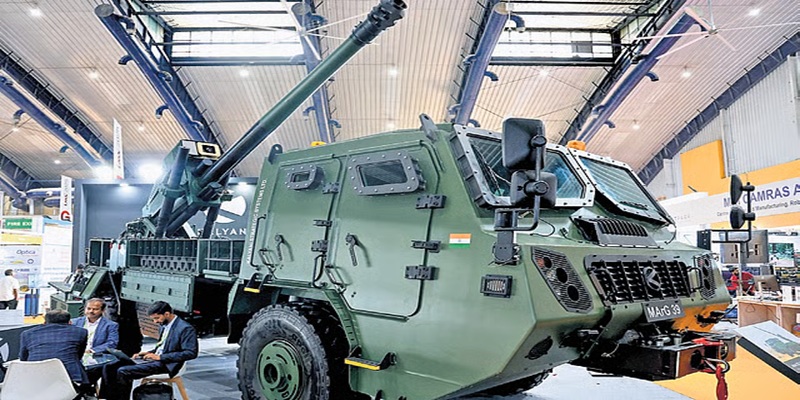
India to Add $500 bn Annually to Global Economy by 2030: Joshi
Minister highlights MSME growth at India Manufacturing Show 2025
Read more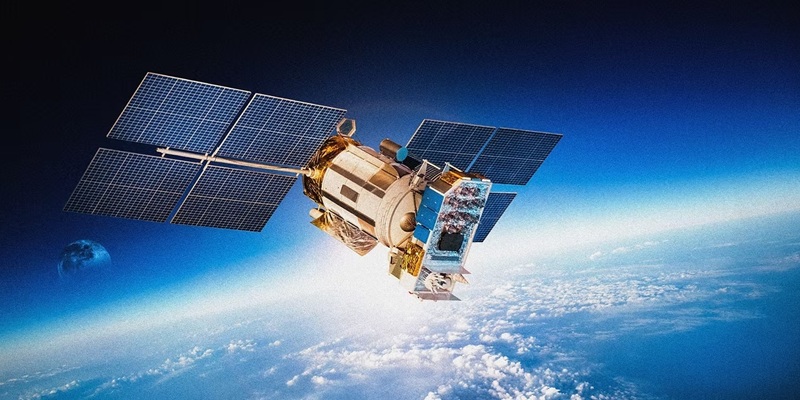
HHV Advanced Technologies invests in EON Space Labs for imaging tech growth
HHV Advanced Technologies joins EON Space Labs as investor and partner to scale AI-driven imaging payload manufacturing and launch ultra-lightweight space telescope MIRA in 2025.
Read more
BrahMos missile factory to be inaugurated in Lucknow on May 11
The BrahMos missile is produced by BrahMos Aerospace, a joint venture between India and Russia. The inauguration comes at a time of heightened military tensions with Pakistan, marked by cross-border..
Read moreRelated Products

Integrated Electric Gripper S Series
IBK Engineers Pvt Ltd offers a wide range of integrated electric gripper S series.

Geared Electric Motors
Delco Fans Pvt Ltd offers single phase capacitor run and three
phase geared Instrument motors, totally enclosed face/foot mounted.

“Kusam-Keco” Partial Discharge Acoustic Imager - Model - Km-pdai
‘Kusam-Meco’ has introduced a new “Partial Discharge Acoustic Imager Model KM-PDAI.





